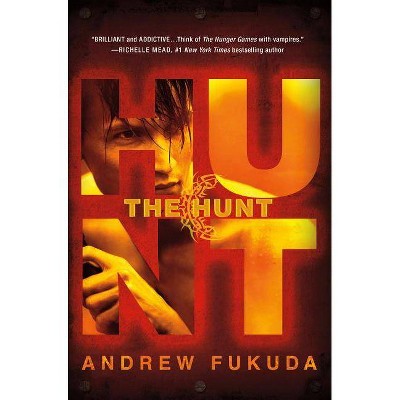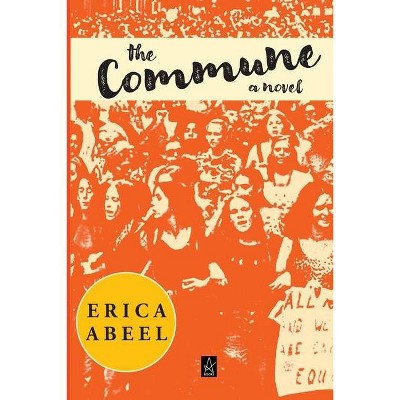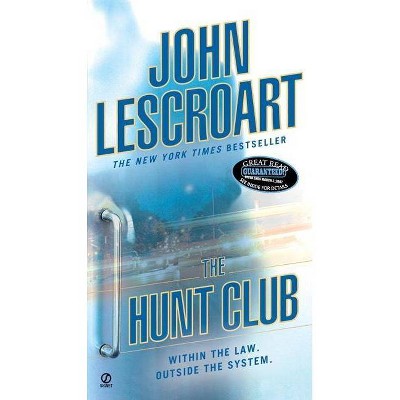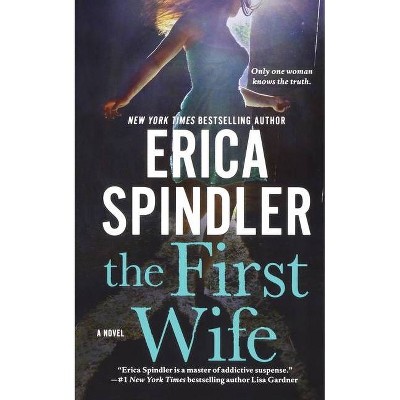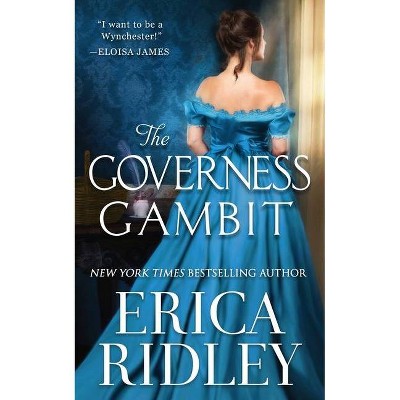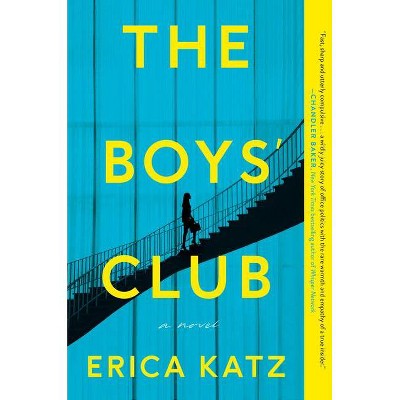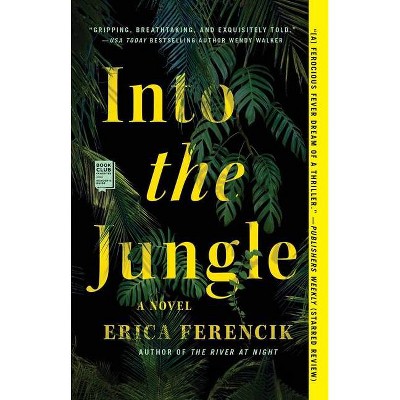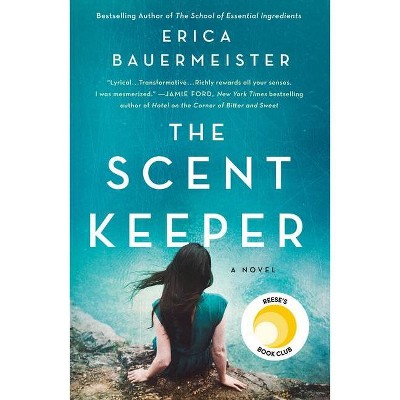Jump the Clock - by Erica Hunt (Paperback)
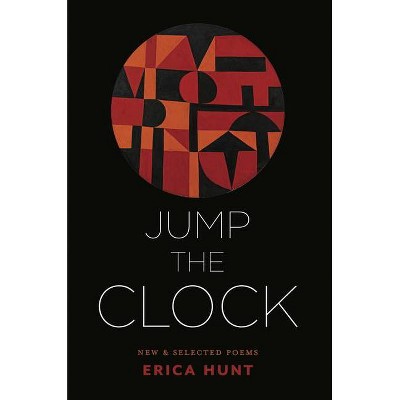
Similar Products
Products of same category from the store
AllProduct info
<p/><br></br><p><b> About the Book </b></p></br></br>A collection by renowned poet and scholar Erica Hunt, spanning from the 1980s to the present.<p/><br></br><p><b> Book Synopsis </b></p></br></br>Erica Hunt writes at the intersection of poetry and emancipatory politics--racial and gender justice, feminist ethics, and participatory democracy--showing us that altering our reading strategies frames our experiences. Ultimately, she finds that words matter, savoring the small ones: articles, pronouns, collective, plural and singular. This collection brings together out of print works and journals of the same period, to speak across "crumpled" time, the past seen from then to now. <p><b>2021 Hurston/Wright Legacy Awards Poetry nominee!</b></p><p/><br></br><p><b> Review Quotes </b></p></br></br><br><p>Erica Hunt's <i>Jump the Clock</i> is eerily appropriate for a time when a pandemic has suspended the normal temporal rhythms for so many of us, while laying bare our mortally uneven relationship to those rhythms.--<b>Ben Lerner, <i> The New York Review of Books</i></b></p> <p>If it doesn't pay to be an individual, what else is there to be? We may not be able to answer that question 'until we enlist sense to illumination and make room for the blanks.' That line comes from Erica Hunt's <i>Jump the Clock: New and Selected Poems</i>, a sometimes brutal, always brilliant tour of Western individualism's social and ecological effects.--<b>Abby Minor, <i> Boston Review</i></b></p> <p>We have lived in one chronology for many decades, of disrepair, divisions and fears. In response, Erica Hunt's is a full-fronted other way of naming. In every detail and crevasse, her work unmutes voices and refigures necessary community... Hunt is crucial to an analytic poetry engaging in this work.--<b>Rachel Blau DuPlessis, <i> Restless Messengers</i></b></p> <p>Here, and elsewhere, the poet models how to speak directly, honestly, and without foregoing complexity. She observes and speaks of body language and grief, love and justice, in scenes that feel at once surreal and hyperreal. Reinventing itself at every turn, <i>Jump the Clock</i> is a master class in attention and engagement.--<i><b>Poets & Writers, Ten Questions</b></i></p> <p>This collection of Erica Hunt's poetry might just save you. Including out of print works and others, this volume is one of inspiration, resistance and possibility.--<b>Karla Strand, <i>Ms. Mag</i></b></p> <p>Erica Hunt has been publishing poems since the 1980s. <i>Jump the Clock</i> gathers nearly two hundred pages' worth of them. I generally feel like a poet has some level of talent if, in a chapbook, I find a couple of lines I want to quote; Hunt's book had me nodding or laughing or wincing in appreciation at least every other page. I emerged from it with the sense that she is, whatever this term might mean, a major poet.--<b>Phil Christman, <i>Plough</i></b></p> <p><i>"Jump the Clock: New and Selected Poems, </i> an invaluable gathering of pioneering poet, theorist, teacher, and activist Erica Hunt's poetic oeuvre, is a treasure of lyric and analytic revelations and delights. A key figure in the Language Poetry movement, a pacesetter in late 20th and 21st century women's writing, and a lodestar for Black innovative writers, Hunt in this collection expands poetry's range and power and shows how to make the illegible legible. Or as she incomparably reminds us, 'What we do not dream we cannot manufacture.'"--<b>John Keene</b></p> <p>Let's begin with the obvious: <i>Jump the Clock</i> is a significant collection of poetry. Erica Hunt's poetry is, among other things, the study of being present and of being's presence across time. Exploring histories of a family, of modes of thinking, of the griefs of Black mothers and women, of a neighborhood, it is poetry lit through by the power of thought's potential, through language, to tear open new possibilities of experience. This work keeps nonstandard time and calls standard forms and time into question. This is poetry's power. Opening with a thought in motion--'I was thinking that if the ceiling were mirrored we would have to watch what we say about what we feel, ' we learn that we need to 'watch what we say' in order to understand our saying and in order to take care of each other and care of our own unruly selves. We need this poetry at this moment. Serious and illuminating language-play animates decades of brilliant work that rends and renders singular and communal selves. Hunt has written poetry that is 'an exclamation/[that should be] felt all over the planet.'"--<b>Tonya Foster</b></p> <p>Like an afternoon of sunshine to plan an uprising, I couldn't enjoy <i>Jump the Clock</i> in any way except slowly. In these selected poems by Erica Hunt, one finds poetry between names and their definitions, a poetry of ongoingness to spread past the lines. These poems are embodied. They are meant to be savored and thought with the heart and the mind; they exist in our world. Clear-eyed in their disobedience, cerebral as well as tender, they gently encourage poetry as practice for a new one. The orderings of things are twisted up, seen from above, '[until] / balance is fulfilled by the barely contiguous unfamiliar, ' but the disorientations are for getting to language and subjects 'in the corner of the eye.' Well-known for her commitments to the political in her writing and life, we're so lucky to have Hunt's poems in one volume. She reminds us to survive and redefine. She continues to teach us how to jump on our own timelines.--<b>Yanyi</b></p><br><p/><br></br><p><b> About the Author </b></p></br></br>Erica Hunt is a poet, and essayist, author of <i>Local History</i> and <i>Arcade, Piece Logic, Time Flies Right Before the Eyes</i> and <i>A Day and Its Approximates.</i> Her poems and essays have appeared in <i>BOMB, Boundary 2, Brooklyn Rail, Conjunctions, The Los Angeles Review of Books, Poetics Journal, Tripwire, Recluse, In the American Tree, </i> and <i>Conjunctions.</i> With poet and scholar Dawn Lundy Martin, Hunt is co-editor of an anthology of <i>Letters to the Future: Writing by Black Women</i> (Kore Press). Hunt has received awards from the Foundation for Contemporary Art, the Fund for Poetry, and the Djerassi Foundation and is a past fellow of Duke University/University of Capetown Program in Public Policy
Price History
Cheapest price in the interval: 18.59 on October 22, 2021
Most expensive price in the interval: 18.59 on November 8, 2021
Price Archive shows prices from various stores, lets you see history and find the cheapest. There is no actual sale on the website. For all support, inquiry and suggestion messagescommunication@pricearchive.us

